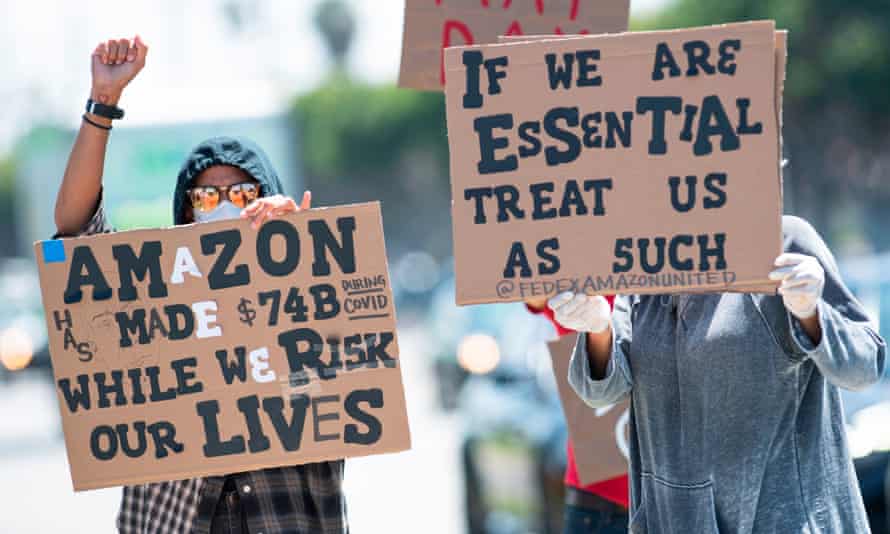By Chris Faraone
In 2021, if you’re of the media-consuming class, you probably know something about how companies like Uber prey on gig workers, and by extension their communities and families. The same goes for some common cultural sentiments toward polluters like BP and behemoths like Amazon, not that any single entity could possibly compare to the latter. We may still pay for Prime accounts and grease our gears with bloody oil, but at least left-leaning news readers among us know that we are sleeping with the enemy.
What about the filthy details regarding those well-known abusers though? Plus, we can’t let lesser-known plunderers off the hook, right? And how about the dirt revealed in articles and studies illustrating corporate chicanery dating 10 or even 50 years back which have disappeared—whether due to data decline over time, or behind a paywall, if the information ever made it online in the first place?
Where the hell is all of that shellac?
Meanwhile, there’s never been a greater need for economic ammunition than we have today. I can cherry pick any number of damning stats to demonstrate why I believe that is the case, but let’s start with the recently released analysis by the Institute for Policy Studies which showed that billionaires saw their collective ducat bucket overflow with $4 trillion in new funds during the first year of the pandemic. All while poverty worsens and union-busting ramps up alongside various other upsetting trends.
I’m not sure what it will take to stop the rich from getting wealthier at the expense of everyone else, but considering the battle at hand I am excited to flank and collaborate with the new Corporate Behavior Index (corporatebehavior.org), which “aims to create an international clearinghouse for citizens, workers, consumers, scholars and activists.” In an effort to “permanently change corporate behavior for the better,” they are curating a vast database—part of which has been compiled for more than 15 years—that “will be edited and maintained by independent journalists,” and is “dedicated to studying and resisting multinational corporate abuses of power and criminal behavior.”
While the CBI is very much a tool of today and tomorrow, I am especially enthusiastic about the memory it will provide. The aforementioned nefarious actors and their plundering peers have the best (read: slimiest, most despicable) public relations fixers on call to conceal all their warts, and this sort of people’s database can serve as a reality check.
You might be thinking, I have seen ordinary people get destroyed on social media for simply questioning the actions of a celebrity who shills for a corporate shitmonger like Nike or Adidas. (Leave them alone, they’re getting their paper, is what the dumb mob always hollers). But while contemporary influencer culture is somehow more pathetic than disc jockeys in the 1950s shamelessly reminding their listeners to brush with a sponsor’s whitening paste eight times an hour, I believe there’s hope, since online mobs can be realigned and in certain cases even used for good. I know that because I’m old enough to have seen the internet before social media lifted so many individuals to hotshot status that people forgot who the real beasts that need to be burned to the ground are.
Once upon a time, the predecessor to CBI known as Knowmore.org was a major player in that landscape, having emerged as a resource for reporters and others interested in ethical consumerism, namely the assholes behind American Apparel (which has since rebranded, of course). CBI, which I believe can ring the same bell in a new era with different needs, explains that the original “archive grew to cover the entire Global Fortune 500, rating each company for Human Rights, Workers Rights, Environmental and Political Impact, and Business Ethics.”
With their relaunch, the CBI team (which I have consulted at no cost) will continue to compile and update corporate profiles with input from its watchdog community (which will include a Discord server as well as more traditional interfaces). All in hopes of the index serving as an extraordinary and accessible resource for researchers as well as for the public to learn more about companies from 3M, Adidas, and Amway, to Toyota, Tyson, or your preferred insurer, fast foodery, and big box store.
As for the question posed at the top of this polemic—Are you holding corporations accountable?—I bet I know the answer: Not nearly enough! And I get it, I really understand how terribly unpopular one can become for sharing basic truths about beloved enterprises like Disney, for example. No one wants to believe that Minnie is compensated far less than Mickey, but that doesn’t change the fact that pay disparity persists.
Per CBI’s mission, the site “seeks to dismantle corporate power over our own lives,” as well as “a shared sense of belonging based on solidarity, respect, and mutual aid.” They “imagine a world where harm is repaired, rather than ignored,” and “that puts people over profits of the few.”
That would all be fantastic. In the meantime, I’ll settle for their deep compendium of innumerable institutional crimes against humanity that have unfolded over decades.

